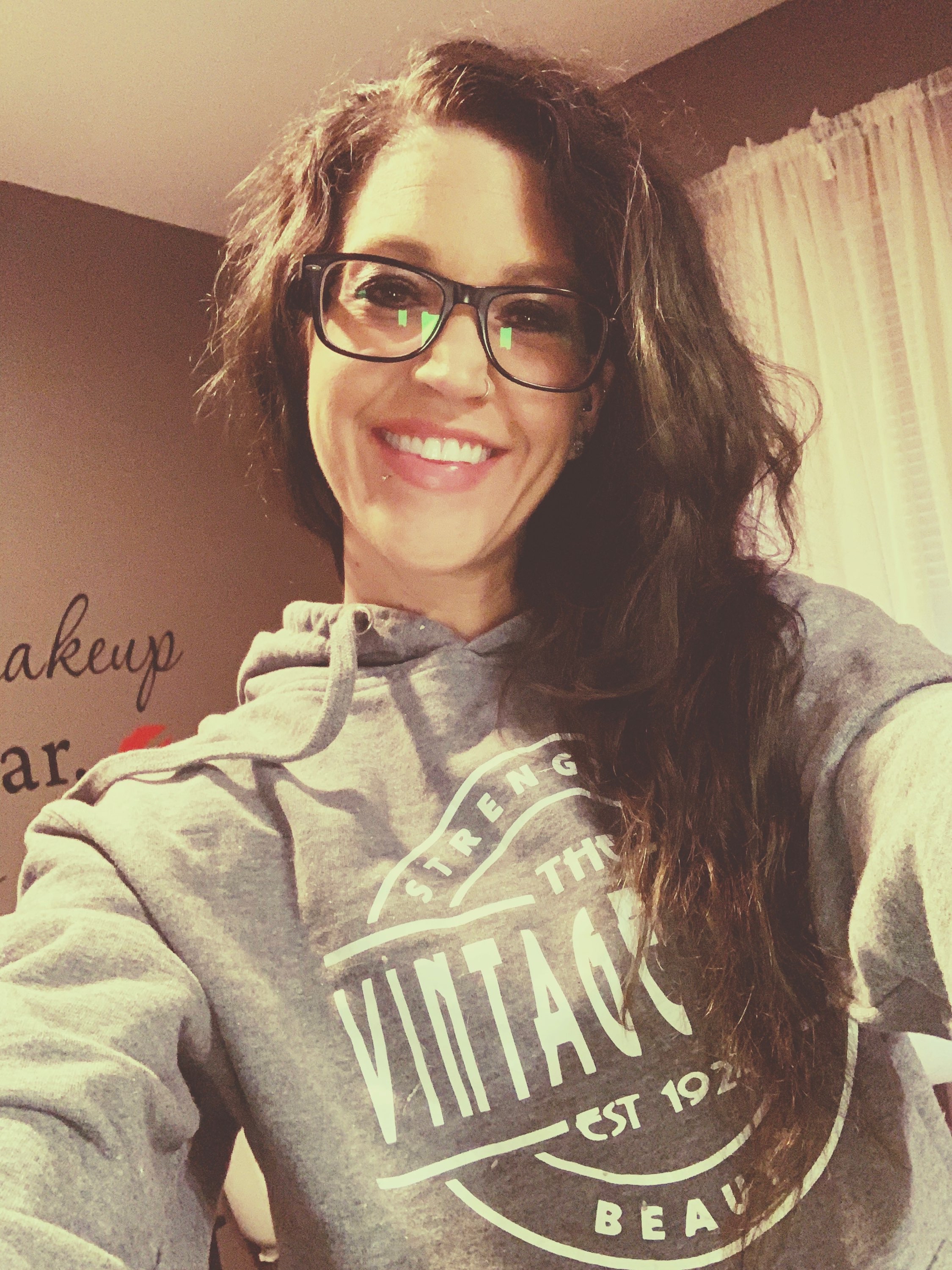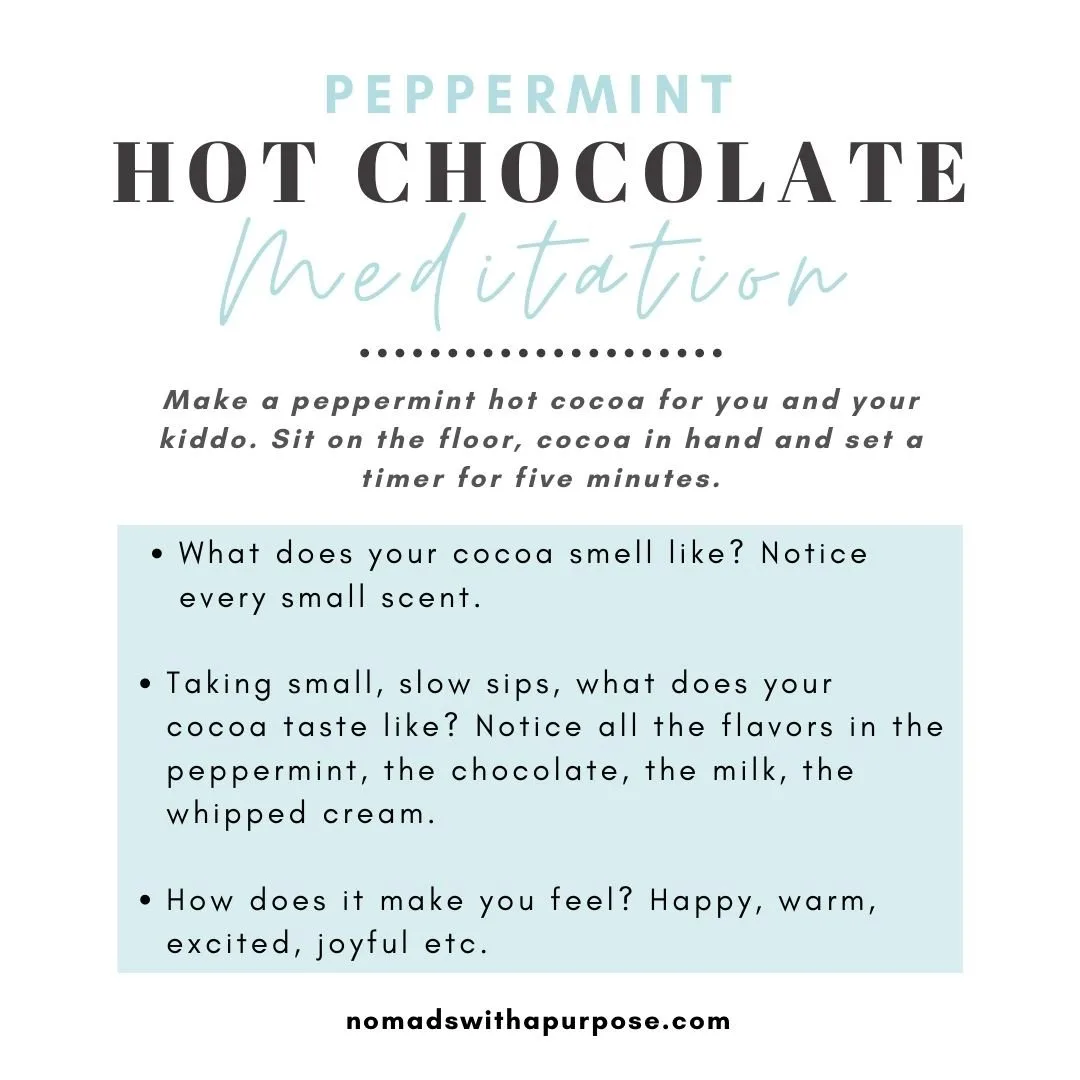 Amy Thompson, MSW, CAPSW, CPS
Amy Thompson, MSW, CAPSW, CPS- Dec 2, 2023
- 7 min read

Embarking on the path of recovery is a courageous and transformative journey, one that demands resilience and determination. For those of us navigating sobriety in Wisconsin, particularly during the holiday season, the road takes on an added layer of complexity. Wisconsin's deeply ingrained drinking culture, synonymous with festive traditions from Thanksgiving dinners to New Year's Eve celebrations, intensifies the challenges of maintaining sobriety. Having begun my own recovery journey on December 29, 2019, I intimately understand the unique difficulties that arise when facing the holidays in a culture where drinking is not merely normalized but often considered an integral part of the seasonal festivities.
In this blog post, we'll delve into the specific challenges faced by individuals in recovery during the holidays in Wisconsin. We'll explore the pressures of family gatherings, the prevalence of alcohol-centric traditions, and the societal expectations that can feel like a tidal wave threatening sobriety. Yet, amidst these challenges, we'll uncover strategies—both personal and practical—that empower individuals to uphold their commitment to sobriety during these demanding times. The goal is not just to navigate the holiday season but to emerge from it with a strengthened sense of resilience, a deeper connection to self, and a celebration of the victories achieved in the journey of recovery. Join me as we explore the intricacies of maintaining sobriety in Wisconsin during the holidays and discover the transformative power of intentional choices and unwavering commitment.

The Balancing Act
The holiday season, with its traditional gatherings and festive atmosphere, presented a notable challenge for me, particularly in the context of family get-togethers. The cultural norm of enjoying a drink brought about palpable discomfort. In the early years of my sobriety journey, there were instances where I intentionally chose to miss certain holiday celebrations. These decisions were grounded in a deep self-awareness, an acknowledgment that my commitment to sobriety required gradual strengthening.
This period of self-discovery meant making difficult choices, prioritizing my well-being over societal expectations ingrained in holiday festivities. There were moments of longing, an internal struggle between the desire to partake in familiar traditions and the necessity of safeguarding my newfound commitment to a sober lifestyle.
However, each missed celebration became a pivotal lesson in resilience and self-care. It was a conscious investment in my personal growth, recognizing that the strength required for navigating these situations would evolve over time. Through these moments of abstention, I learned to honor the pace of my recovery journey, understanding that prioritizing my well-being during the holidays was not a sign of weakness but a testament to my commitment to lasting change.
This journey, marked by deliberate choices and foregoing celebrations, eventually led to a stronger and more resilient version of myself. The unease I once felt during the holidays has been replaced with a sense of empowerment, knowing that I can partake in family gatherings without compromising the progress I've made in my sobriety. The holidays, once a source of challenge, have become a testament to the transformative power of commitment and the profound resilience that accompanies the journey toward lasting recovery.
Sobriety vs. Social Norms
This heightened societal pressure to embrace alcoholic beverages during holiday festivities, deeply ingrained in Wisconsin's culture, posed a distinct challenge to my commitment to recovery. The normalization of drinking in celebratory settings created an environment where abstaining could be met with curiosity, skepticism, or even subtle resistance.
In response to these dynamics, setting explicit boundaries emerged as a fundamental strategy. Clearly defining my decision to abstain from alcohol, especially during the holidays, was not just a personal choice but a proactive measure to shield my recovery. These boundaries extended beyond my own actions; they served as a form of advocacy, challenging the prevailing notion that alcohol is an indispensable component of joyful celebrations.
Openly discussing my recovery journey became a complementary tool in managing societal expectations. By sharing my experiences, challenges, and the importance of maintaining sobriety, I not only demystified the decision but also invited understanding and support. This transparency transformed potential judgment into empathy and cultivated an atmosphere where my commitment to recovery was respected and honored.
Additionally, seeking support from those who understood the challenges of maintaining sobriety in a culture that embraces alcohol was pivotal. Connecting with like-minded individuals provided a crucial sense of solidarity. These connections not only offered emotional support but also practical insights into navigating Wisconsin's festive traditions while staying true to the commitment to recovery.
In essence, the process of setting clear boundaries and engaging in open discussions served not only as a protective measure but also as a catalyst for changing the narrative surrounding alcohol during holiday celebrations. By navigating these expectations with intention and resilience, I not only upheld my commitment to recovery but also contributed to a gradual shift in societal norms, fostering an environment where the choice to abstain is recognized and respected.
Navigating the Storm
The holiday season, a mix of joyous festivities and heightened stress, tested my sobriety's resilience. Recognizing potential emotional challenges, I prioritized coping strategies, cultivating a toolbox of stress-management techniques beyond safeguarding sobriety.
Mindfulness took center stage, offering a potent antidote to holiday rush overwhelm. Anchoring myself in each moment allowed appreciation without succumbing to stressors that might trigger recovery setbacks.
Incorporating daily meditation provided a structured sanctuary for reflection and emotional regulation. Amidst holiday preparations, these moments of stillness became anchors, fostering mental clarity and self-discovery.
Physical exercise evolved into a vital component of mental and emotional resilience. Engaging in preferred exercises released endorphins, pivotal in combating stress and fortifying my commitment to sobriety.
These coping strategies, interwoven elements of a comprehensive self-care routine, created a robust support system against holiday challenges. Navigating the holiday dance between joy and stress, they not only shielded my sobriety but also fostered an overall sense of well-being. They transcended mere survival tools, becoming pathways to personal growth and resilience. Prioritizing my mental and emotional health allowed me to discover that the holiday season, once perceived as a potential minefield, could be navigated with grace and authenticity. This approach enabled me to savor the joyous moments without compromising my commitment to sobriety.
Strength in Unity
Celebrating the holidays in recovery highlighted the importance of a strong support network. Connecting with fellow peer specialists and my recovery family played a crucial role in reinforcing my commitment. Peer specialists, drawing from their own recovery experiences, offered unique insights and relatable perspectives that complemented formal support structures. Their understanding of the challenges and triumphs of recovery added an extra layer of empathy and encouragement.
The concept of a recovery family, a close-knit community united by the shared pursuit of sobriety, became an extended support system. These individuals not only grasped the external pressures of societal expectations during the holidays but also understood the internal struggles and victories of the recovery journey. Celebrating the holidays within this recovery family provided a sense of belonging and camaraderie that strengthened my commitment. In navigating the festive season together, the shared experiences within the recovery family created a unique bond—a solidarity born from the understanding that each person's recovery journey contributes to the strength of the entire community. The holidays, once potential pitfalls, transformed into a celebration of resilience, shared commitment, and the power of interconnected support.
Joyful Reflections
Embracing gratitude during the holidays has been transformative in my ongoing recovery journey. Reflecting on positive changes since starting recovery becomes a meaningful exercise, providing a counterbalance to seasonal pressures and emphasizing recovery's profound significance in shaping a fulfilling life. Gratitude serves as a guiding light amidst holiday activities, illuminating personal growth and emotional resilience. It transcends material markers, delving into the essence of the journey and positive transformations.
Practicing gratitude becomes a source of strength during challenging moments when societal expectations or past habits threaten commitment. It anchors in reasons to be thankful, reinforcing that recovery is an ongoing, positive transformation. This focus allows navigating the holidays with a renewed perspective, shifting from external pressures to internal blessings. Gratitude becomes a shield, guiding toward authentic joy rooted in appreciation for the present and recovery progress. In essence, gratitude transforms holidays into a celebration of progress, resilience, and unwavering commitment, laying a foundation for a future marked by growth, purpose, and gratitude.
Ending on a Sober Note
As we conclude this exploration of celebrating the holidays in Wisconsin while committed to sobriety, it's evident that the path to a fulfilling and substance-free season requires a comprehensive and intentional approach. The challenges posed by family and friend gatherings, ingrained alcohol-centric traditions, and societal expectations demand not just resilience but proactive strategies to reshape the holiday experience.
The challenges presented during the holidays provide opportunities for profound personal development. Embracing these strategies is not just about surviving the season; it's about thriving, finding authentic joy, and creating lasting memories free from the influence of alcohol.
As you navigate this festive journey, hold onto the understanding that your commitment to sobriety is a testament to your strength and determination. By actively implementing these strategies, you not only uphold your commitment but also open the door to a holiday season filled with genuine joy and fulfillment. May this season be a celebration of resilience, growth, and the transformative power of choosing a sober and meaningful life.
"Thorns make you stronger, and the beauty of the rose is worth the pricks along the way"
Join me as we embark on a path of resilience, self-discovery, and transformation. Connect with me today to book a public speech that will allow your audience to witness the strength that arises from vulnerability and the beauty that can flourish when we choose to embrace our authentic selves.
The Vintage Rose is a testament to the unyielding spirit within each of us—an invitation to bloom despite the shadows that may have once defined us. Let us celebrate our individuality, celebrate our journeys, and create a world that embraces the inherent strength and resilience within us all. Thank you for joining me on this empowering journey. Together, we can rewrite the narrative surrounding mental health and inspire others to embark on their own path of healing.
Remember, our past does not dictate our future. We are survivors, we are resilient, and we are ready to create change. Welcome to The Vintage Rose, where authenticity, courage, and healing intertwine to form a beautiful tapestry of recovery.
Amy Thompson, MSW, CAPSW, CPS is the owner and designer of the The Vintage Rose Co. She has a Master’s in Social Work, is a Certified Advanced Practice Social Worker, a Certified Dual Peer Specialist, a Social/Emotional Interventionist, an Inspirational Speaker, and suicide survivor. Amy has walked the path of recovery from her mental health struggles to addiction. She has confronted the challenges of living with OCD, anxiety, and depression, and as time went on, she received additional diagnoses of ADHD and PTSD. She now dedicates herself to providing support and advocacy for others on their own journey.
























Comments